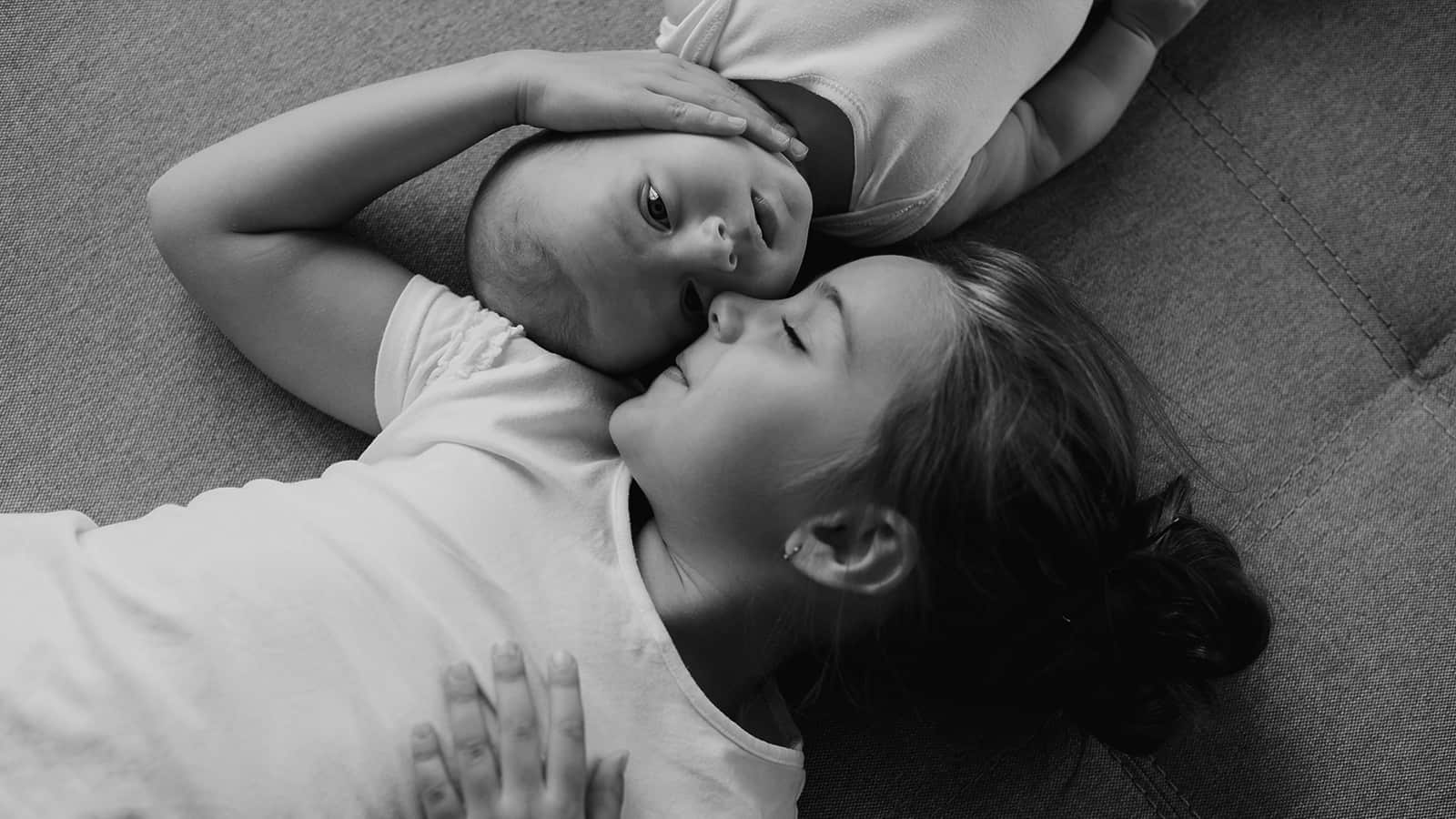A study by German researchers reveals that the firstborn child tends to have higher intelligence. Of course, being the oldest doesn’t always equate to having more wisdom, but the eldest sibling does have some advantages.
For example, when parents have their first child, they spend more time with them. The undivided attention they give to their first born may influence their IQ. Since the parents only have one child to look after, they can invest more energy and effort into raising them. They may have more time to teach the child vital reading, writing, and other educational topics.
However, the parents probably have other obligations when the second or third child comes along. Demanding careers and busier schedules make it challenging to devote as much time to later-born children. This doesn’t mean the parents love them any less; it’s just the harsh reality of trying to juggle family life with other responsibilities.
Also, parents are still learning the ropes of child-rearing with the firstborn child. In this “experimental” phase, the parents want to get everything right, so they indulge their child. After they feel more comfortable with parenting, they may loosen their grip and have a more relaxed approach.
Children born later may enjoy having more freedom and fewer rules to follow. However, they don’t benefit from their parents’ uninterrupted attention as the first born child did.
Study Explains How the First-Born Child Is Often the Most Intelligent

Birth order doesn’t always determine intelligence, but this study found that first-born children had slightly higher IQs. Researchers from the University of Leipzig studied the birth order of 20,000 people from the United States, the United Kingdom, and Germany.
They assessed intelligence based on verbal ability and general IQ tests. Researchers also gave personality tests to the participants in adulthood, which measured the “Big Five” personality traits. These include extroversion, emotional stability, agreeableness, conscientiousness, and openness.
The researchers determined that first-born children had, on average, an IQ of 1.5 points higher than second-born children. So, being the oldest child seems to have only a slight impact on intelligence. The results determined that the eldest child had a higher IQ 60% of the time. Also, birth order seemed not to influence personality traits.
The findings have been published in the Proceedings of the National Academy of Sciences.
Other studies confirm the theory that the oldest child possesses higher intelligence. A study published in the Journal of Human Resources found that firstborn children exhibit more academic prowess. Their parents tend to invest more in their education, which gives them an advantage over their siblings. Researchers found that they scored better on cognitive tests than their younger siblings at the same age.
The findings were based on the Children of the National Longitudinal Survey of the Youth, which includes data on thousands of young adults between 14 and 21.
The survey began in 1979 and asked questions on employment, income, education, family life, and other background information. Researchers interviewed the respondents at the beginning of the study and every two years since 2014.
Co-author Jee-Yeon K. Lehmann, an economist at the Analysis Group in Boston, said she was astounded that parenting styles affected a child’s cognitive abilities early in life. She added that new parents tend to be more aware of how their actions affect their firstborn. However, they’re not as rigid with each subsequent child since it’s not their first rodeo.
Being the First Born Offers Several Advantages
While the study found that parents give equal love and affection to all their children, the oldest still receives more mental stimulation. Families can’t offer the same engagement in educational activities such as reading, teaching the alphabet, and playing with second or third-born children.
As families face time constraints, they consciously or unconsciously adjust their behavior and attitudes about parenting. However, like the previous study, the authors found that parenting styles did not impact children’s personalities. First-born children displayed more confidence, especially regarding their intelligence and academic performance.
In addition, the mother’s behavior became more relaxed with each subsequent pregnancy. For example, the study found that women started prenatal care later if they’d already had a child. They also didn’t breastfeed as often and drank more alcohol than first-time moms. Studies reveal that breastfed babies have better cognitive performance as they get older.
So, it’s clear that parental behaviors and habits profoundly influence children. Firstborn children may have the advantage, but parents should try to give each subsequent child the same love and attention. Early life experiences have a lasting impact on a child and can significantly influence their academic success.
Of course, you can also count on your eldest child to help with some responsibilities. Many parents rely on older children to babysit, read, change diapers, feed, and play with their younger siblings. Raising a family is no easy task; it truly takes a village to accomplish.
As life becomes more demanding, parents often ask the older child to step up and help around the house. This can reduce the burden on parents and instill a sense of responsibility in the eldest child.
Final Thoughts on Studies Showing Oldest Child Has Higher IQ
Being the oldest child in the family comes with greater responsibility and numerous benefits. Your parents probably spent more time with you as a child, helping you develop essential skills such as reading. They also had fewer responsibilities and more energy to invest in their academic success and emotional health.
So, if you’re the firstborn in your family, you should consider yourself lucky. Your parents may have been harder on you, but it’s only because they devoted so much time to ensure your success. Plus, wisdom comes with age, so you can share what you’ve learned with younger siblings.


















